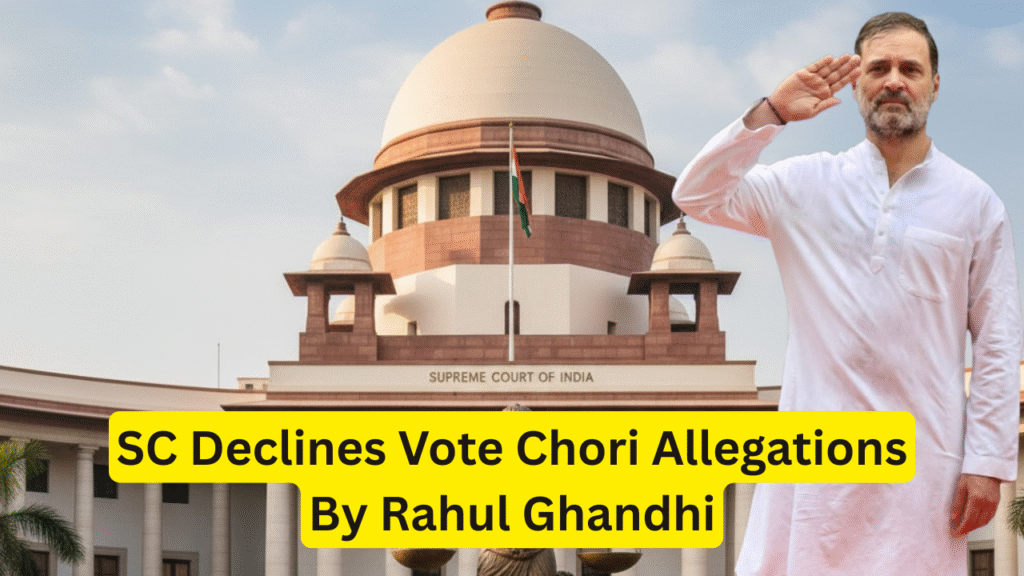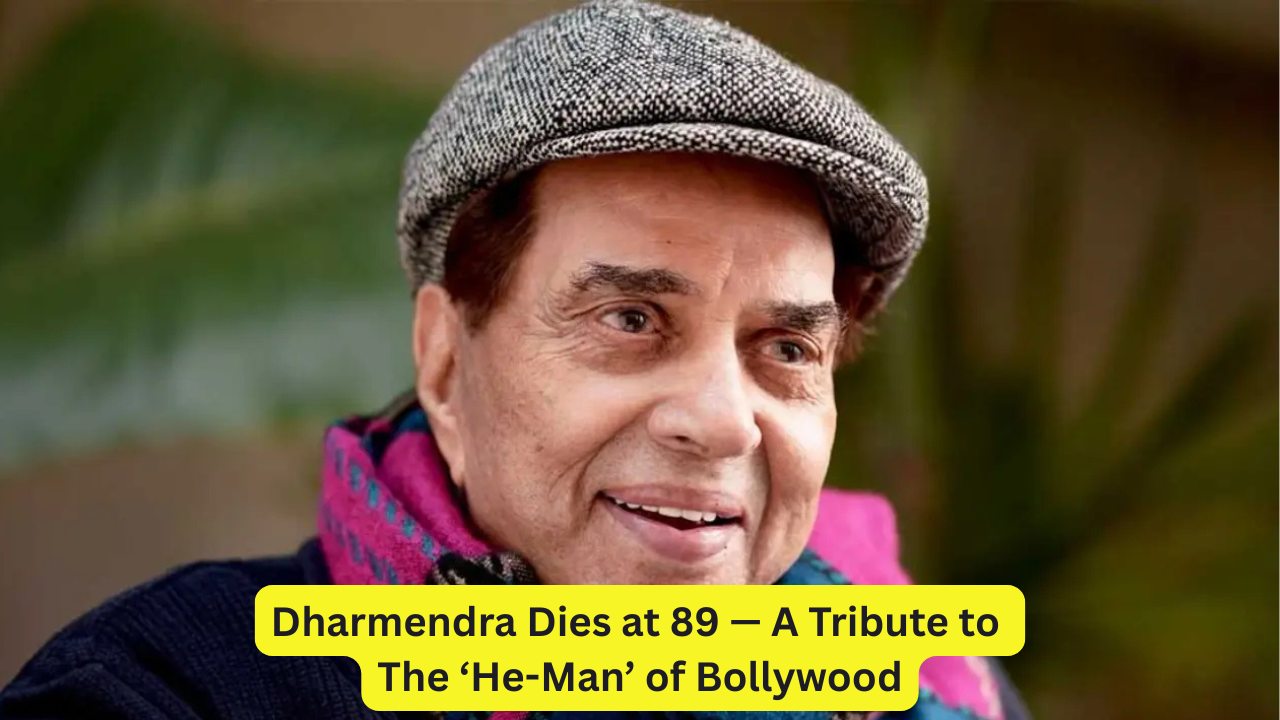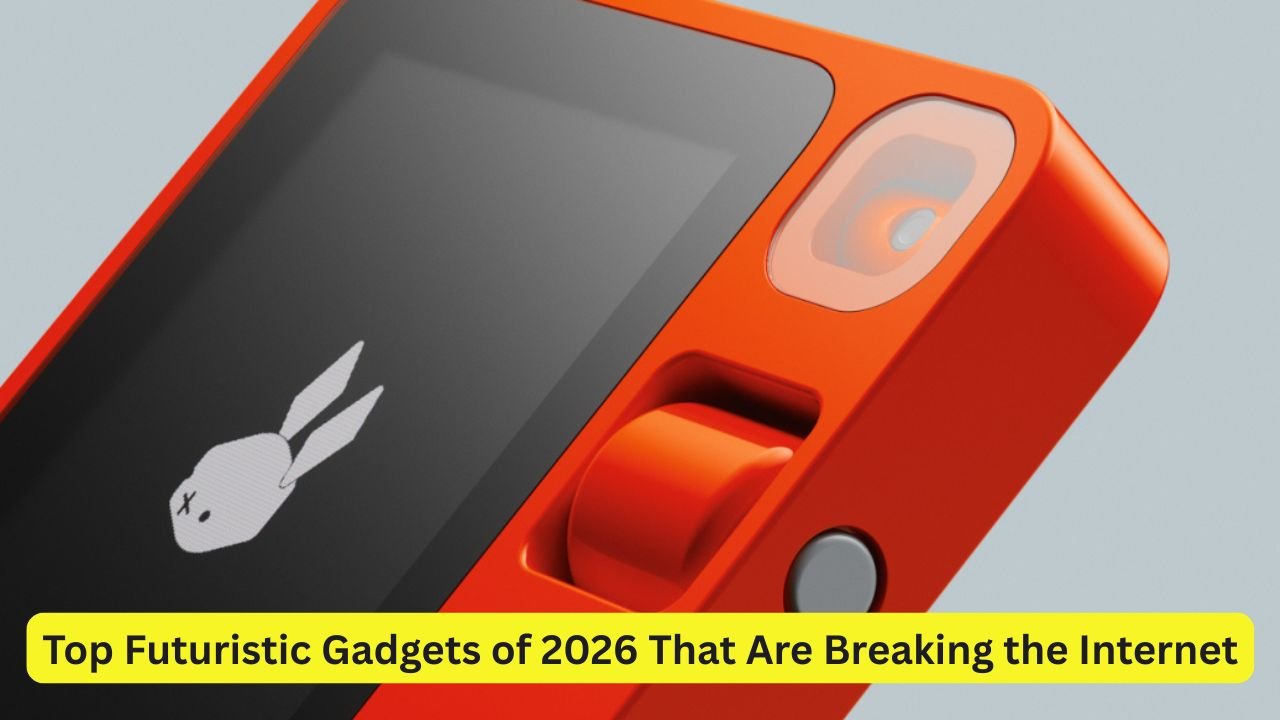India’s polity has been rocked by new allegations of “vote chori” (vote theft) after opposition chief Rahul Gandhi charged the Election Commission and the ruling BJP with masterminding big-ticket election scams. Congress leader Rahul alleged systematic voter deletions and manipulation in various constituencies to quell opposition votes, triggering a national row ahead of future elections.
Rahul Gandhi particularly cited Karnataka’s Aland constituency, where he claimed more than 6,000 illicit deletions of voters happened. He also disclosed that he has begun receiving internal data from within the Election Commission vindicating his allegations of electoral misconduct. His outburst has evoked a heated debate on electoral integrity and openness in India’s democratic process.
At these charges, the Congress party has initiated a nationwide protest against “vote chori,” and signature campaigns, candlelight processions, and street protests are being held. Congress leaders from a few districts, such as Mangaluru and Chandigarh, have called for responsibility from the Election Commission and called for a free investigation into the reported malpractices. The party has charged the ECI with not sharing vital data sought by investigating agencies, such as authentication records and IP logs of electoral systems.
But the Election Commission has refuted all these charges in strong terms, terming the word “vote chori” as inappropriate and inflammatory. The Commission called upon political leaders to provide authentic evidence and not resort to blanket accusations. The Commission has also initiated a Special Intensive Revision of electoral rolls in some states, including Bihar, to provide clean and transparent data of voters.
BJP leaders, however, have countered the Congress, stating that the opposition is employing the term “vote chori” as a political tool. Union Minister Anurag Thakur accused the Congress of profiting from electoral malpractice as well, stating that “vote chori benefited Rahul Gandhi and Akhilesh Yadav in their constituencies.”
The irony was added to by Karnataka Chief Minister Siddaramaiah, who last week said he had been beaten in the 1991 Lok Sabha polls by electoral malpractices. The JD(S) was quick to reply with a sharp tongue-lashing and demanded an apology, claiming that it suggested Congress’s own complicity in earlier malpractice.
While investigations are ongoing and both sides dig in heels over the narratives, the “vote chori” scam has again brought India’s electoral integrity to the limelight, reinforcing the need for technological transparency as well as public faith in the voting process.










